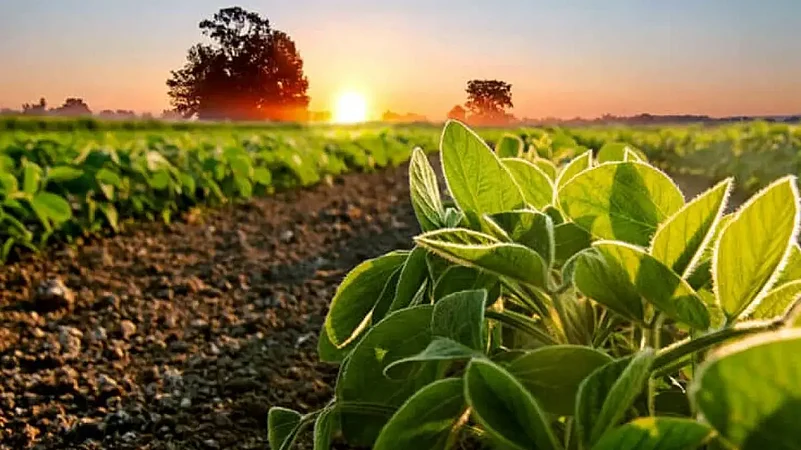India has traditionally been an agrarian economy. With hundreds of thousands of people depending on agriculture for their livelihood, the sector has always attracted attention ahead of every Union Budget.
The upcoming budget, to be presented by Finance Minister Nirmala Sitharaman on February 1, is no different. Data released by the National Statistical Office (NSO) under the Ministry of Statistics and Programme Implementation (MoSPI) on Friday showed that the agriculture sector (including forestry and fishing) is expected to grow at 3.5 per cent in the present fiscal. This is a slight improvement from the 3 per cent growth rate in financial year 2021-22.
With the ongoing advancements in technology, there is much that can be utilised to improve India’s agriculture and allied sectors. Deloitte argues that government policy interventions are required to support the development and adoption of technology in the sector.
Existing measures like the Digital Agriculture Mission (2021–2025) can be expanded to include features like ‘Agristack’ to provide accurate information on markets, supply chain, logistics and so on to all stakeholders, Deloitte elaborates in its Budget Expectations report.
It is also recommended that the government comes up with a ‘one-stop-shop’ for streamlining approval and clearance processes. This will enhance ease-of-doing-business in agriculture and its allied fields such as food processing, floriculture, horticulture, livestock production, dairy etc. Such a feature will make it easier for existing players to avail several scheme benefits as well as to help new investors enter the space.
Improving the supply chain should also be prioritised, the report adds. Policies that incentivise the creation of large storage facilities, cold storage, processing and distribution units will help add value to agriculture products in addition to reducing losses and boosting the stakeholders’ revenues.
































